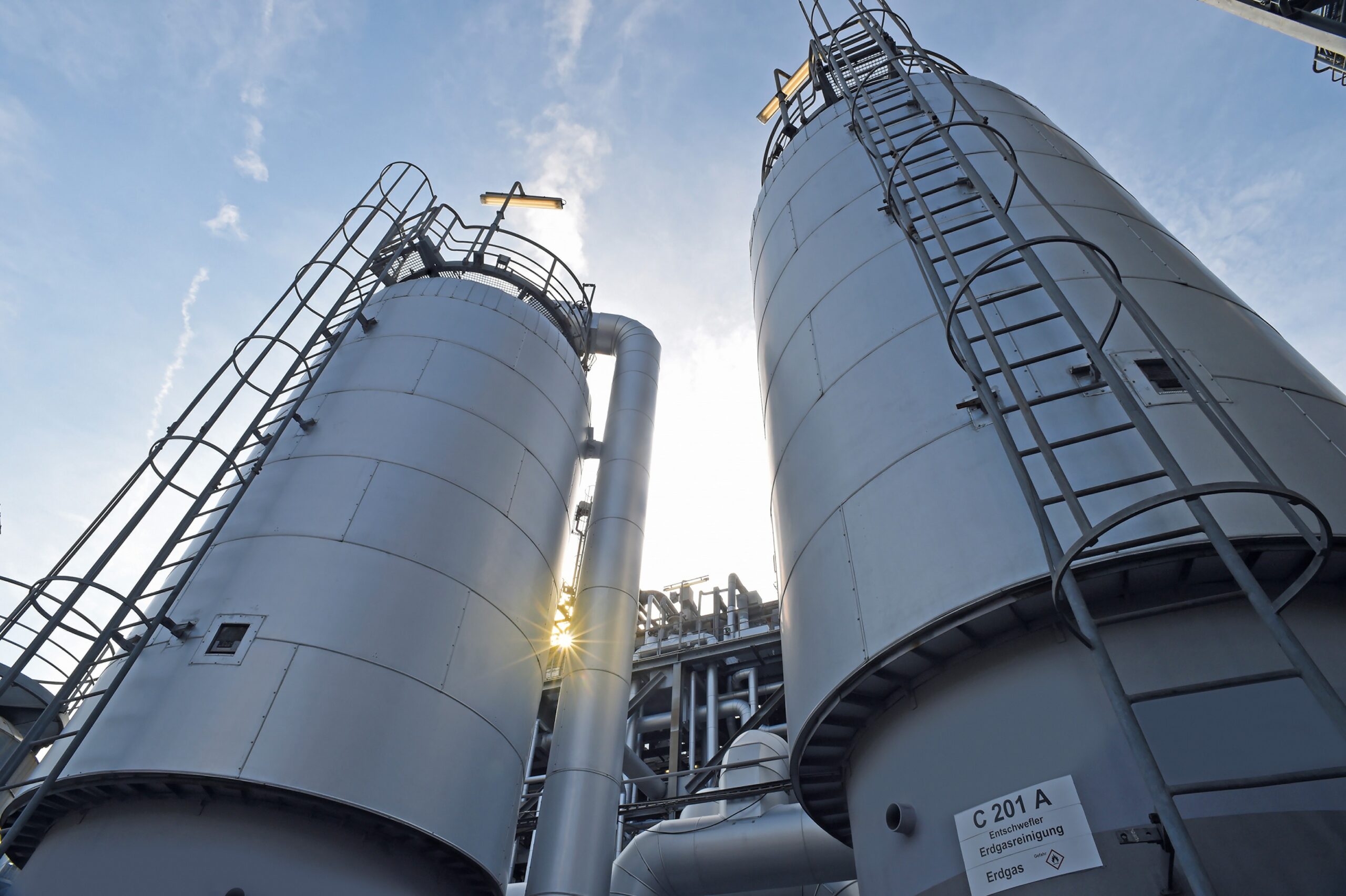BASF has achieved a significant sustainability milestone by becoming the first producer of renewable ammonia in Central Europe. This breakthrough supports the company’s broader goal of achieving net-zero emissions and offers customers immediate access to low-carbon alternatives in the chemical value chain.
With the launch of two new products—renewable ammonia and renewable ammonia solution (24.5%)—BASF continues to expand its sustainable product portfolio. These products are produced at the company’s integrated Verbund site in Ludwigshafen, where renewable hydrogen replaces part of the fossil-based hydrogen in the ammonia production process, reducing reliance on natural gas.
Using a mass balance approach, hydrogen derived from renewable energy sources is attributed to these new ammonia grades. Both products have been ISCC+ certified and can be used as direct replacements for conventional ammonia, offering the same reliability and performance. They are available in the standard bulk supply format.
“Our biggest ambition is to achieve net-zero emissions for our products. With renewable ammonia, we can significantly reduce the product carbon footprint (PCF) compared to our other low-CO₂ ammonia grades,” said Dr. Jens Aßmann, Vice President of Business Management Ammonia Value Chain and Operations Amino Resins at BASF. He added that BASF calculates product carbon footprints in alignment with the Together for Sustainability (TfS) PCF Guideline.
The demand for low-carbon and green ammonia has been steadily rising and is expected to grow even further as industries seek to decarbonize.
“Our customers and BASF’s own downstream businesses need low-carbon products now to explore and expand their markets,” Aßmann emphasized. “We are proud to offer the first renewable ammonia produced in Central Europe, with a remarkably low carbon footprint.”
This initiative is part of BASF’s broader commitment to sustainability, driven by its Monomers division, which aims to develop at least one circular or low-PCF product option for every major product line by 2025. These efforts are integral to BASF’s roadmap toward climate neutrality and net-zero CO₂ emissions by 2050.


